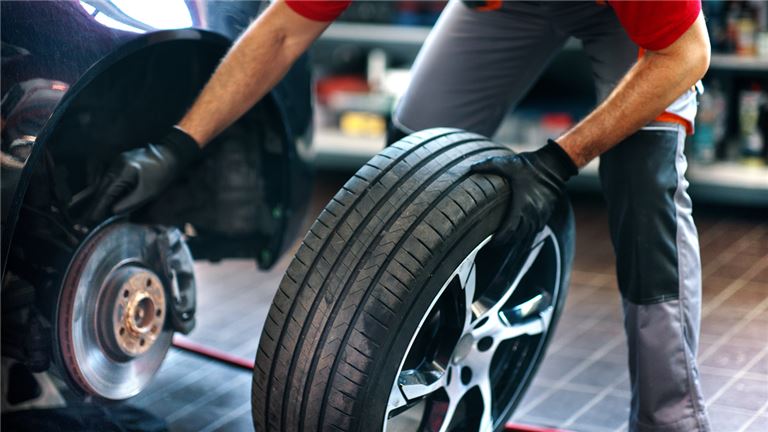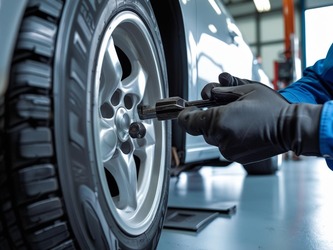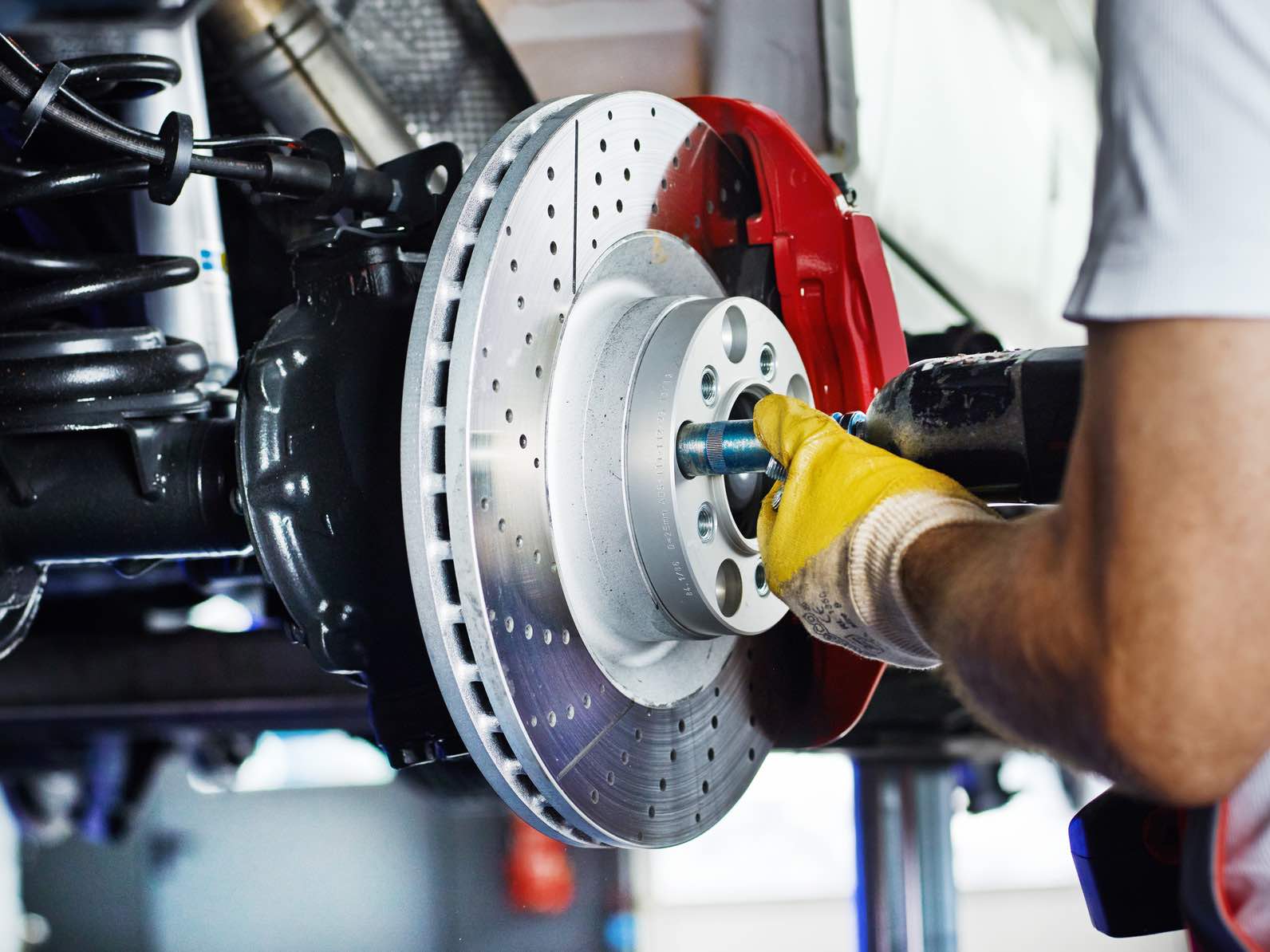- 4801 Singleton Blvd, Dallas TX

Keeping your tires in good condition is one of the most
important parts of vehicle safety. At Papas Tires & Auto
Repairs, we help drivers stay safe by offering affordable
new and used tires, tire installation, and tire inspections.
Here are the top signs you may need new tires:
1. Low
Tread Depth If your tread is worn down, your vehicle loses
traction, especially in rain.
2. Cracks or Bulges These can lead to tire blowouts
and should be checked immediately.
3. Shaking or Vibration While Driving Often caused by
unbalanced tires or internal tire damage.
4. Uneven Tire Wear This usually means you need an
alignment or rotation.
5. Tires Losing Air Frequently A slow leak or damaged
sidewall may be the cause.
6. Old Tires (Over 5–6 Years) Rubber breaks down over
time, even if tread looks fine.
7. Your Car Isn’t Handling Well If you feel slipping
or swaying, your tires may be the reason. Need new or used
tires? Visit Papas Tires & Auto Repairs for affordable tires
and fast installation.

A flat tire can happen at the most inconvenient times — on
your way to work, running errands, or on a road trip. At
Papas Tires & Auto Repairs, we specialize in fast flat tire
repair, tire patching, new tire installation, and full tire
maintenance to get you safely back on the road. Here’s
everything you need to know about fixing a flat tire quickly
and efficiently.
Common Causes of Flat Tires Understanding why flats
happen can help you prevent them in the future. Some common
causes include:
Nails or screws – Sharp objects on the road can puncture
tires.
Worn-out tread – Tires with low tread are more vulnerable to
punctures.
Valve stem leaks – Aging valve stems can slowly release air.
Rim damage – Hitting potholes or curbs can damage the tire
or rim.
Sidewall damage – Cuts or bulges in the sidewall often
require tire replacement.
The Fastest Way to Fix a Flat Tire
At Papas Tires & Auto Repairs, we make flat tire repairs
quick and reliable:
Step 1: Locate the Leak
Our technicians inspect your tire to find the source of the
puncture or damage.
Step 2: Assess the Tire
We check if your tire can be safely patched or if a
replacement is necessary.
Step 3: Repair or Patch
For minor punctures, we perform a tire patch or plug.
For severe damage, we install a new or used tire from our
inventory.
Step 4: Reinflate and Balance
After the repair, your tire is reinflated and balanced to
ensure smooth driving.
Step 5: Quick Safety Check
We perform a final inspection of all tires, brakes, and A/C
if needed — so you leave the shop safe and confident.
Most flat tire repairs take 10–15 minutes, getting you back
on the road without delay.

Your brakes are one of the most important safety features on
your vehicle. At Papas Tires & Auto Repairs, we specialize
in brake inspection, repair, and replacement to keep you and
your passengers safe. Ignoring brake problems can lead to
accidents, costly repairs, and even complete brake failure.
Here’s what you need to know to stay safe on the road.
Common Brake Problems to Watch For
1. Squeaking or
Squealing Noises High-pitched noises usually indicate worn
brake pads. Ignoring them can damage your rotors.
2.
Grinding Sounds A grinding noise often means your brake pads
are completely worn, and the metal is rubbing against the
rotors. Immediate repair is necessary.
3. Soft or Spongy Brake Pedal If your brake pedal feels soft
or sinks to the floor, there may be air in the brake lines
or a fluid leak.
4. Vehicle Pulling to One Side When brakes are uneven or
worn differently on each side, your car may pull left or
right while braking. This can affect control and safety.
5. Brake Warning Light Never ignore the brake warning light
on your dashboard. It can indicate low brake fluid, worn
pads, or a serious system problem. Our technicians inspect
your tire to find the source of the puncture or damage.